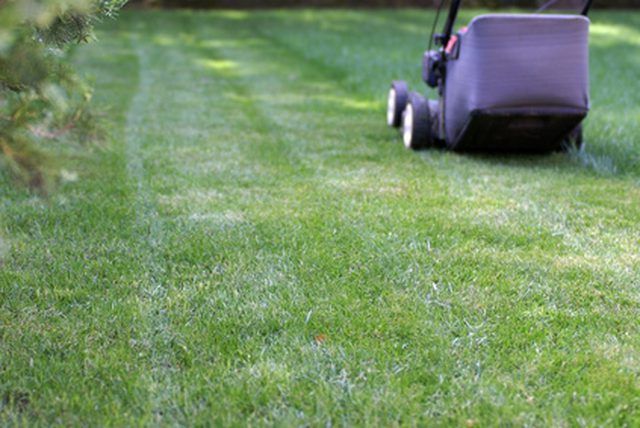Bulbs
Flower Basics
Flower Beds & Specialty Gardens
Flower Garden
Garden Furniture
Garden Gnomes
Garden Seeds
Garden Sheds
Garden Statues
Garden Tools & Supplies
Gardening Basics
Green & Organic
Groundcovers & Vines
Growing Annuals
Growing Basil
Growing Beans
Growing Berries
Growing Blueberries
Growing Cactus
Growing Corn
Growing Cotton
Growing Edibles
Growing Flowers
Growing Garlic
Growing Grapes
Growing Grass
Growing Herbs
Growing Jasmine
Growing Mint
Growing Mushrooms
Orchids
Growing Peanuts
Growing Perennials
Growing Plants
Growing Rosemary
Growing Roses
Growing Strawberries
Growing Sunflowers
Growing Thyme
Growing Tomatoes
Growing Tulips
Growing Vegetables
Herb Basics
Herb Garden
Indoor Growing
Landscaping Basics
Landscaping Patios
Landscaping Plants
Landscaping Shrubs
Landscaping Trees
Landscaping Walks & Pathways
Lawn Basics
Lawn Maintenance
Lawn Mowers
Lawn Ornaments
Lawn Planting
Lawn Tools
Outdoor Growing
Overall Landscape Planning
Pests, Weeds & Problems
Plant Basics
Rock Garden
Rose Garden
Shrubs
Soil
Specialty Gardens
Trees
Vegetable Garden
Yard Maintenance
Weed Killer for Zoysia Grass
Weed Killer for Zoysia Grass. Zoysia is a warm-season grass native to China, Japan and Southeast Asia that has become popular for use along the Atlantic and Gulf coasts of the United States. It provides a thick, dark, hard-wearing turf that is resistant to drought. Zoysia has few weed or pest problems unless the turf is damaged by poor maintenance....

Zoysia is a warm-season grass native to China, Japan and Southeast Asia that has become popular for use along the Atlantic and Gulf coasts of the United States. It provides a thick, dark, hard-wearing turf that is resistant to drought. Zoysia has few weed or pest problems unless the turf is damaged by poor maintenance. Zoysia's slow rate of growth makes recuperation difficult. When these problems occur, pesticides and weed killers might be necessary.
Zoysia Grass Advantages
There are many reasons for zoysia's popularity throughout the South and in many transition zones. It will grow well in shade in warm areas. It is highly drought-tolerant, as well as salt-tolerant. It is slow-growing which means less maintenance. It is highly resistant to lawn pests and weeds when it is properly maintained. Zoysia can grow in almost any kind of soil from sandy to clay and from acidic to alkaline.
Keeping Zoysia Weed-Free
Good maintenance practices can help eliminate the need for weed killers and pesticides. Occasional watering during periods of drought, two to three applications of nitrogen fertilizer during the growing season, close and frequent mowing at 1 to 2 inches in height, and occasional removal of built-up thatch are all that is generally required to keep a healthy lawn of zoysia grass.
Weed Control for Zoysia Grass
Though zoysia generally has few weed problems, there might be times when the use of weed killer is necessary. Zoysia grass is tolerant of many commercially available herbicide products. Pre-emergent weed killers are used at the beginning of the growing season to prevent the sprouting of weeds. Post-emergent weed killers destroy weeds that are already sprouted.
Choosing the Right Weed Killer
Pre-emergent weed killers help to keep weeds from taking hold in your lawn. This might be particularly important when re-sodding or sprigging zoysia, as this type of grass is slow-growing and could allow weeds to get a foothold until it thickens enough to crowd out weeds. Post-emergent weed-killers can be used on crabgrass, kyllinga and broadleaf or grassy weeds when they appear in lawns during the growing season. Consult with an agricultural extension for the most effective weed killers for your area. Using weed-and-feed combination products are not recommended for zoysia grass. Follow package directions and recommended safety procedures when using chemical weed killers.
Organic Weed Killers
Corn gluten is known for its ability to destroy weeds growing in zoysia grass. There are also a number of commercial organic compounds available that contain vinegar, citric acid, cinnamon, cumin, baking soda and surfactants that are effective against common lawn weeds and will not hurt the environment. These products might require more frequent application than chemical weed killers.